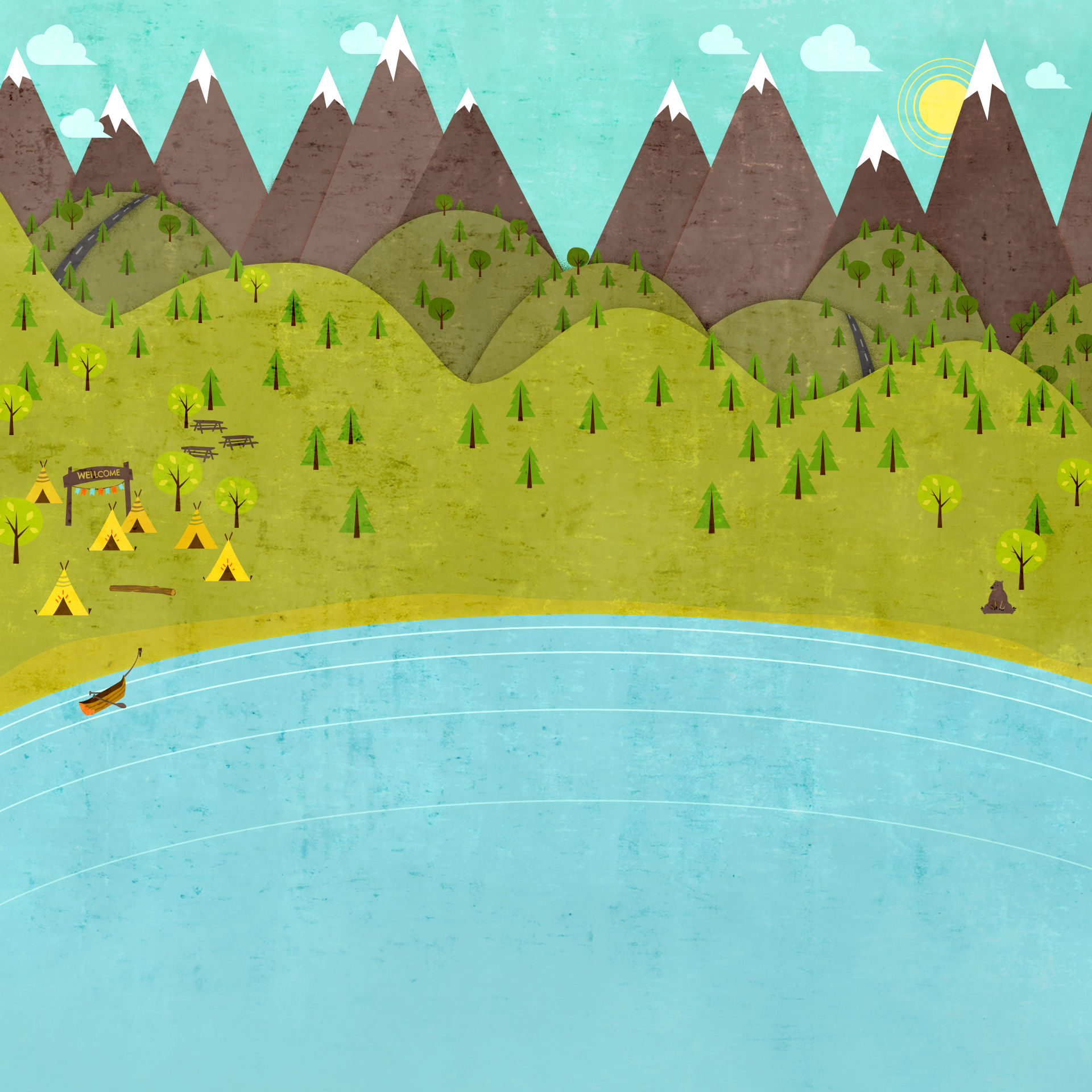
Science & You
BVIS HANOI (VV)
Phuong & Chi


Chemical Reactions (Continue)
Why is it NaCl but not NaCl2?

The first thing is oxidation state. In chemistry, the oxidation state is an indicator of the degree of oxidation of an atom in a chemical compound. By using oxidation state, we are able to balance elements in each chemical compound. In this situation, sodium has the oxidation state is I. Chlorine also has the same oxidation state (I). Therefore, the chemical compound will be NaCl. Oxidation state of twos elements are equal so we don't need to balance it anymore.
Another thing you need to know is when chemical reaction happens, it removes or share valence electron with another atom. This is called ionic bond. I believe by looking at the picture, you'll understand what what I mean.

Now let's get back to your question, why it is NaCl not NaCl2?
Na has a +1 charge and Chlorine has a -1 when in a compound, do the charges cancel out and leave you with NaCl. NaCl2 would not be balanced as it would give you -2 from Cl and leave an overall negative charge, which as you know stable compounds are electrically neutral in charge.
OR we can explain it as
When sodium (Na) and chlorine (Cl) are combined, the sodium atoms each lose an electron, forming cations (Na+), and the chlorine atoms each gain an electron to form anions (Cl−). These ions are then attracted to each other in a 1:1 ratio to form sodium chloride (NaCl).
By the way, thank you so much for your support in the past few days.
Best regards,
Nam Phuong

